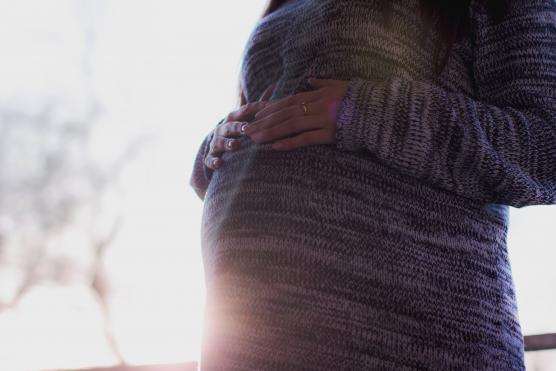Dear Ireland,
I feel that a crucial angle has been overlooked in the ongoing abortion debate and Ive published this short letter in an effort to assist any intelligent, conscientious Irish voters who are still undecided or having doubts about a yes vote, in understanding that this decision is really not as morally contentious as we've been led to believe. Almost the entire developed world has legislated for legal abortion (see worldabortionlaws.com) and the UN have even declared our 8th amendment a human rights violation. So why do the Irish see a deep moral conundrum here where others do not? Here's my attempt to explain why the morals in this debate are plain as day. Please read it slowly.
We need to look at suffering. Morality is concerned with reducing suffering while enhancing the wellbeing of conscious creatures. This definition is reasonable no matter how you look at it, and has been used by philosophers for many years. Even deeply religious conservatives, who claim their morality is derived from ancient texts, would rarely disagree that suffering is the skeleton around which morality gets its shape.
Forcing any woman to bear a child against her will absolutely devastates her life as well as lives of all those who love her. Without first-hand experience, we cannot possibly understand fully the true impact of having our entire future shattered and personal autonomy removed, all the while going through transformative physical & hormonal changes which are not only obvious to the world, but enticing for people to converse about. The day-to-day struggle of what can only be described as a type of prison sentence, may leave permanent scars on her psyche which haunt the remainder of her days.
Likewise, committing a child to grow up in a world where they were not wanted, and/or may be financially, emotionally and educationally unsupported, often proliferates that suffering down the next generation and beyond. The eighth amendment adds a lot of suffering to the world.
Examining levels of suffering on the "no" side reveals that preventing a potential life from forming adds no suffering to the world whatsoever, other than the difficult physical & emotional trauma of the abortion itself. A foetus cannot feel pain until ~24 weeks. It does not develop the brain receptors to process sensation until close to when it might actually need them. The brain also develops capacity for awareness around this same period which means that until viability, the unborn is simply not conscious, therefore could not possibly suffer. Until then, the fetus is a life by scientific definition only. By all other standards, it is a potential life - It does not have loved ones, history, hopes & dreams, hobbies or interests, personality, humour, or any of the other attributes we associate with living. These are things it cannot lose. There is a very clear and crucial distinction.
All humans will agree that killing babies is wrong. That is our innate, default position and requires zero thought. However the eighth amendment does not involve babies. It weighs the actual life of a real woman and her loved ones against something which may potentially have a life in future, and concludes that they are somehow equal. They are decidedly not. Moreover, the practical outcome of the 8th inevitably prioritises potential over real life. A reluctant mother simply must suffer to allow her fetus to grow.
This referendum challenges Ireland to overcome our innate emotional gut response, filter out the noise and bias from our country's deep religious legacy, and think clearly about what is moral. The whole purpose of laws are to apply our best moral judgments to our society. Any law which inflicts such suffering on even a single one of our people, is not a law we should want to live by. Hence, my claim that morality indelibly sides with yes.
Sincerely,
Ciarán O’ Kelly
















